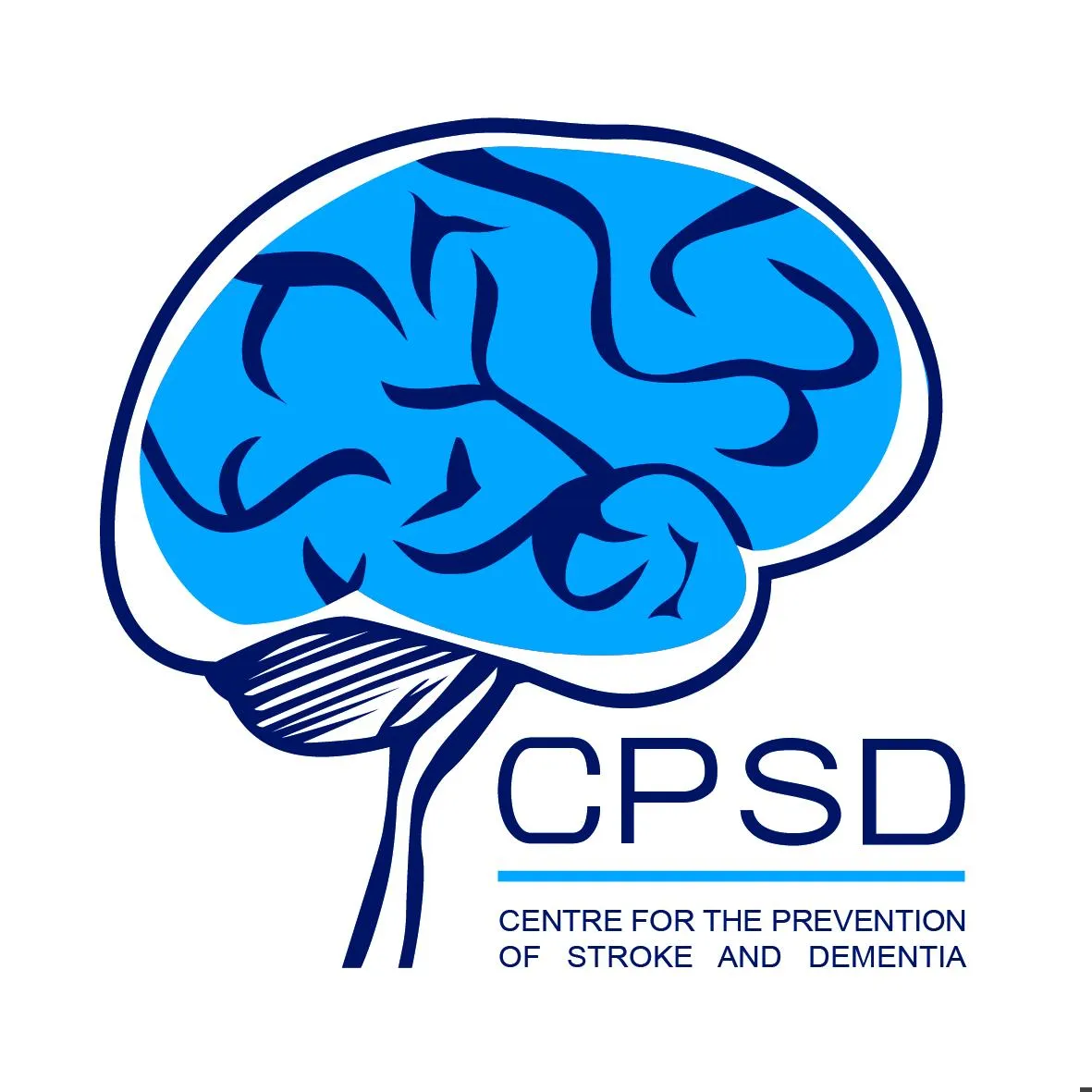Improving the lives of stroke survivors with data
Stroke is the fourth leading cause of death in the UK and single largest cause of complex disability in adults, with annual costs projected to rise to £75bn within 20 years. Despite more people surviving stroke than ever before (1.2 million survivors in UK), comparatively little is known about the merits of various care pathway options after patients return home. Stakeholders have repeatedly called for better quality data to inform decision making, particularly around the medium and long-term outcomes of stroke.
At the centre of this project is the South London Stroke Register, a population-based stroke register recruiting all stroke patients living within the northern part of Southwark and Lambeth. This register has been running continually since 1995 and currently includes almost 8000 stroke patients, most of whom have been followed up for many years. Analysis of South London Stroke Register (SLSR) data up to 15 years post-stroke showed that around one third of survivors experience functional disability, reduced social participation and depression/anxiety.
The Stroke Programme is structured around three work packages:
- Engagement with stroke survivors and their families, health professionals, policy makers and commissioners of health services. Our long-running Stroke Research Patient and Family Group will continue as part of this work package and be complemented by wider stakeholder groups and policy labs.
- Investigate the impact of stroke on survivors in the 2020s through a continuation of the SLSR in a modified and updated form, incorporating the new WHO ICD-11 definition of stroke and several new outcome variables to better reflect the long-term impact of stroke.
- Develop patient portals and investigate how they can improve the care of stroke survivors and their decision making/outcomes.
These work packages are interlinked, to ensure that we are analysing data in the most useful way, that patient portals are usable by stroke survivors who may have complex disabilities and that outputs are relevant to all stakeholders and have the greatest chance of translating into improved health care and policy.
Within our group there is close collaboration with the Oxford Vascular Study (OxVasc), the Sentinel Stroke National Audit Programme (SSNAP), the Stroke in Sierra Leone (SISLE) research group and NIHR ARC South London.
Aims
- Maximise the potential for stroke data to improve patient care through stakeholder engagement
- Estimate the risk and longer-term impact (including economic) of stroke on survivors and society
- Produce clinical, epidemiological and economic models which will provide the information needed for all stakeholders to make informed decisions
- Investigate how patient portals can improve stroke survivors’ decision making and outcomes
Methods
By combining Policy Labs and engagement using social science methods with patients and other stakeholders, we will define the content and approach of the data collection, analysis, and communication in the Programme, through to impact in practice.
We will use local and national data to estimate the health, social, and economic effects of stroke, and the outcomes and needs of stroke survivors in the longer term, both individually (predictive models) and at a population level for the next 30 years.
Under a Data Sharing Agreement with NHS England (previously held with ONS) we will obtain NHS England’s mortality and Hospital Episode Statistics (HES) data for our cohort of stroke patients. This linkage will improve the accuracy and scope of our clinical, epidemiological and economic models currently based on SLSR data. For this purpose, NHS numbers and date of births of our register participants will be shared with NHS England.
We will also implement a Data Sharing Agreement with the national stroke audit “Sentinel Stroke National Audit Programme” (SSNAP), who are collecting data on acute hospital care in greater detail than in the SLSR. This linkage (via NHS numbers) will allow us to further assess the effectiveness of and equitable access to acute care.
We will design and implement a portal driven by patient needs identified through stakeholder engagement, and evaluate the effects on data collection, patient involvement in decision making, health and social care service use and outcomes, and cost-effectiveness in a feasibility trial.
We will develop a “Stroke Analytics Dashboard” to make detailed, accurate, up-to-date information available to the public and policymakers for decision making.
Disclaimer: This study/project is funded by the National Institute for Health and Care Research (NIHR) under its Programme Grants for Applied Research Programme (NIHR202339). The views expressed are those of the webpage author(s) and not necessarily those of the NIHR or the Department of Health and Social Care.
You can read our SLSR Privacy/Fair Processing Notice, including information on how to stop being part of the study or opt out of the data linkages, data flows of the SLSR.
Reports
Report from first Policy Lab: This report details the findings from a Policy Lab that considered the different types and flows of data involved in stroke care, with a view to understanding how best to harness that data in order to improve the lives of stroke survivors. This report is designed for policymakers, clinicians, healthcare workers, stroke survivors and others, to quickly grasp an understanding of the stroke data landscape and its potential.
Events
| Details of Event | Link to Event page |
Meeting Presentations
Please find a list of presentations from our previous meetings below:
Our Partners

National Institute for Health Research (ARC)

NIHR Guy's and St Thomas' Biomedical Research Centre

Oxford Vascular Study (OxVasc)
Principal Investigator
Investigators
Affiliations
Funding
Funding Body: National Institute for Health Research (NIHR)
Amount: £2,195,908
Period: January 2022 - December 2026
Contact us
Eva Emmett - Programme Manager
Eleanor Stevens - Programme Manager






